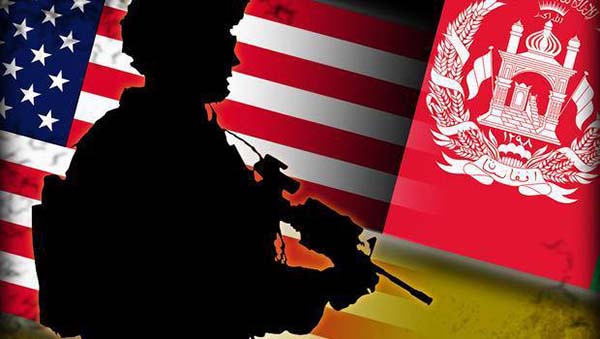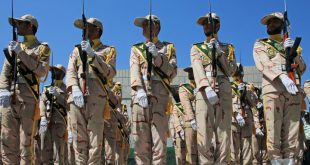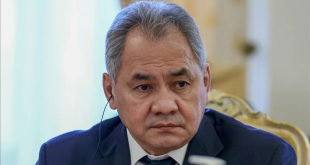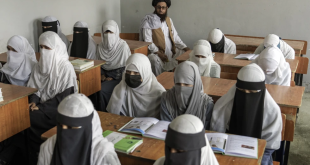AT-KABUL: Soon after report released by RAND Corporation that the US Administration, and the Afghan government pulse the Taliban group could agree for a potential and final peace agreement, the US Embassy in Kabul showed reaction, saying RAND does not represent their policy.
“Afghan media reports of RAND Corporation “peace plan,” RAND is a private think-tank/research institution. Its scholars think through problems and alternatives to inform public discussion and debate on key issues,” the Embassy tweeted on Tuesday.
RAND’s work is independent of the U.S. government and does not represent U.S. policy. The USG has been clear: intra-Afghan talks are essential to settling this terrible conflict.”
The embassy also insisted over Afghan-owned method to end the current conflict. “Over Questions of future governance or other internal aspects of the conflict can only be addressed and solved by Afghans,” the embassy furthered.
This comes as recently TOLOnews—a local TV channel, said it has a detailed document that has been prepared as a potential peace agreement between the United States, the Taliban and the Afghan government.
US-based research center The RAND Corporation has developed the draft agreement and the document has been shared with several senior Afghan officials and politicians in Kabul as well stakeholders in the region.
The 49-page document titled “Agreement on a Comprehensive Settlement of the Conflict in Afghanistan” details proposals regarding a final peace agreement for Afghanistan at the end of a negotiating process.
Based on the document, a core bargain involving both the internal and external parties includes a declaration of a ceasefire, Taliban’s complete renunciation of links with the terrorist organizations, complete, phased ending of the current US and NATO military mission over an 18-month transitional time period.
The document suggests that the Afghan parties may invite the international community to form a small, limited “Afghanistan Support Team” focused exclusively on counter-terrorism.
According to the document, the new political arrangements within Afghanistan will include adoption of a new constitution within the 18-month transitional period. The transitional government to be led by a rotating chairman and several vice chairmen, the document suggests.
Presidential system with “somewhat reduced powers for the president” and increased balancing of presidential power compared to the current system is suggested as the future government model.
“Parties commit to an immediate, mutual, and comprehensive ceasefire and cessation of hostilities, effective upon signature of this agreement,” reads the document.
“The Islamic Movement of the Afghan Taliban renounces unequivocally and permanently any form of links with, including providing any form of support to or receiving any form of support from, any terrorist groups, including Al Qaeda and any of its branches or related groups. The Afghan parties shall prevent any use of the territory or airspace of Afghanistan in any manner that threatens the security of any other state.”
The document suggests that the United States and NATO shall end their current military missions in Afghanistan and withdraw all their personnel in three phases, over an expected period of 18 months, but adding that the US civilian cooperation should continue in Afghanistan post deal.
The document says that Afghanistan’s security institutions such as the Afghan Army, border police and intelligence services will operate under national commands while police would be localized in order to create space for “localized solutions”.
The Afghan government says only Afghans are authorized to discuss a peace deal with the Taliban and decide on the future political system.
“Any decision regarding the peace process in Afghanistan is supposed to be the authority of the Afghan government and the Afghan people. The US and regional countries are only facilitating the peace process and they persuaded the Taliban to come and seal a peace deal with the Afghan government,” said Faraidoon Khozon, a spokesman for Chief Executive Abdullah Abdullah.
The Rand Corporation was not immediately available to comment on the document. Sources suggest that the document is authored by former officials of the US government.
 Afghanistan Times
Afghanistan Times




